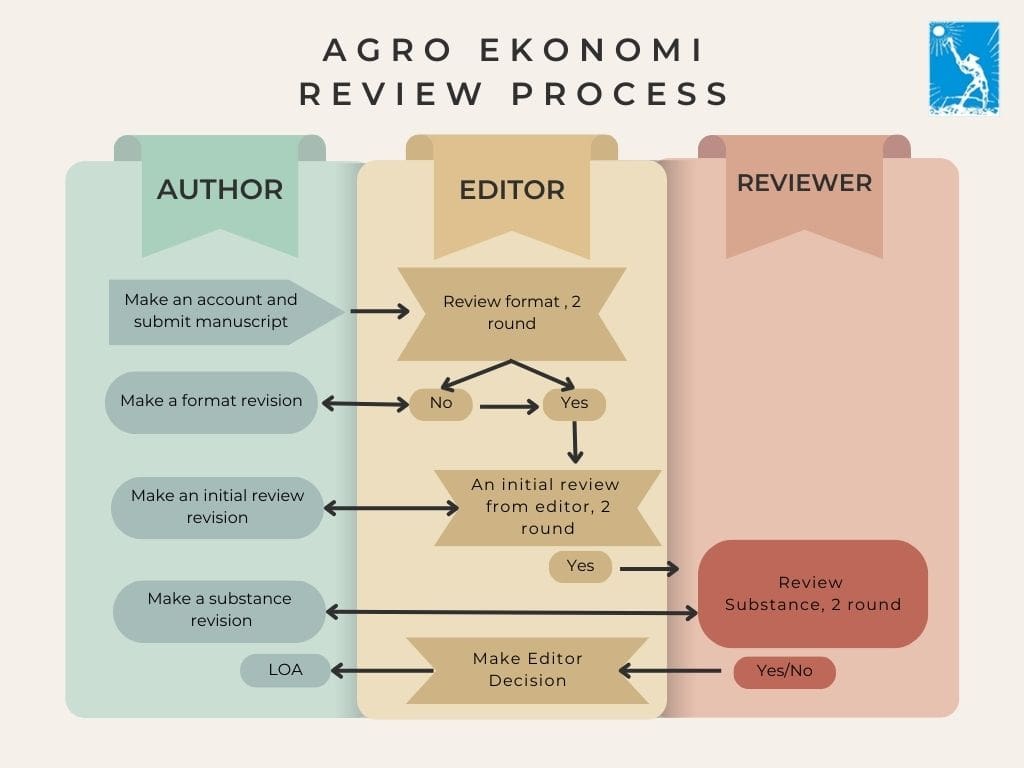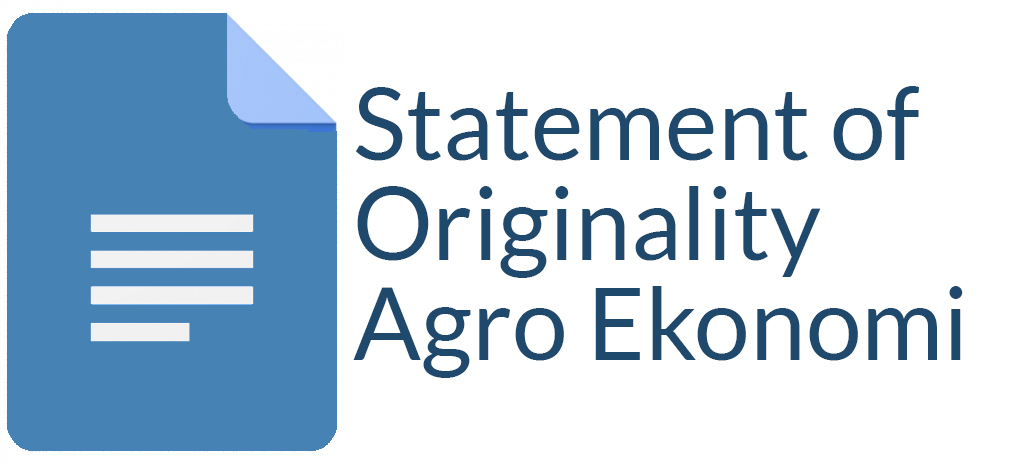Empowerment of Disabled Individuals through CSR Program of Pertamina Inc. TBBM Boyolali to Realize SDGs
Abdul Malik(1*), Murni Ratna Sari Alauddin(2), Rahadiyand Aditya(3)
(1) Nonformal Education at Universitas Negeri Semarang, Semarang
(2) Postgraduate at Sebelas Maret University, Surakarta
(3) Postgraduate at Sebelas Maret University, Surakarta
(*) Corresponding Author
Abstract
Disability theory encompasses diverse approaches, including socio-political, materialist, cultural, and poststructuralist perspectives, challenging traditional medical models and emphasizing social causes and implications of disablement. This research examines the process and results of empowering disabled people through Pertamina Inc. Boyolali BBM Terminal's CSR program, which aims to realize Sustainable Development Goals (SDGs). The program has been implemented since 2018, providing batik and sewing training to disabled individuals in Boyolali district. The research uses a qualitative descriptive approach, collecting data through document analysis. The results show that the empowerment process has economically, psychologically, and socially benefited disabled people, enabling them to meet their needs, gain self-confidence, and overcome social stigma. The program's success is also reflected in the participants' annual turnover of 50 million. This achievement supports the realization of SDGs, particularly in reducing poverty, promoting healthy and prosperous lives, ensuring decent work and economic growth, and reducing inequality. The study concludes that the CSR program's empowerment process, which provides skills training, has been highly beneficial and contributes to achieving SDGs. The research recommends that State-owned companies and other companies should prioritize empowering more disabled people, as their numbers remain significant and have not been adequately covered by CSR programs.
Keywords
Full Text:
PDFReferences
Bernard, T. (2021). Corporate social responsibility in postcolonial contexts: a critical analysis of the representational features of South African corporate social responsibility reports. Critical Discourse Studies, 18(6), 619–636. https://doi.org/10.1080/17405904.2020.1798797
Boys, J., & Partington, Z. (2022). Abandoned in the Archives? Collaborating with Disabled People Towards More Inclusive Spaces. Journal of Museum Education, 47(4), 442–458. https://doi.org/10.1080/10598650.2022.2147357
BPS. (2022a). Banyaknya Desa/Kelurahan Menurut Keberadaan Penyandang Disabilitas, 2021. BPS Provinsi Jawa Tengah.
BPS. (2022b). Sensus Penduduk. Badan Pusat Statistik.
BPSBoyolali. (2023). Kabupaten Boyolali Dalam Angka.
Buhagiar, S., & Azzopardi Lane, C. (2022). Freedom from financial abuse: persons with intellectual disability discuss protective strategies aimed at empowerment and supported decision-making. Disability and Society, 37(3), 361–385. https://doi.org/10.1080/09687599.2020.1833312
Csillag, S., Gyori, Z., & Matolay, R. (2018). Two worlds apart? Corporate social responsibility and employment of people with disabilities. Critical Studies on Corporate Responsibility, Governance and Sustainability, 12, 57–81. https://doi.org/10.1108/S2043-905920180000012003
Damianidou, E. (2024). Curriculum and the power to ex(in)clude disabled students. International Journal of Inclusive Education, 28(8), 1435–1449. https://doi.org/10.1080/13603116.2021.1994034
Fox, A., Hedayet, M., Mansour, K. E., Kommers, S., & Wells, R. (2022). College Students with Disabilities Experiences with Financial, Social, and Emotional Costs on Campus in the United States. International Journal of Disability, Development and Education, 69(1), 106–120. https://doi.org/10.1080/1034912X.2021.1966758
Grue, J. (2023). The CRPD and the economic model of disability: undue burdens and invisible work. Disability and Society, 0(0), 1–17. https://doi.org/10.1080/09687599.2023.2255734
Hollinrake, S., Spencer, S., & Dix, G. (2019). Disabled citizens as researchers–Challenges and benefits of collaboration for effective action and change. European Journal of Social Work, 22(5), 749–762. https://doi.org/10.1080/13691457.2018.1564736
Hwang, S. K., Kim, K. M., & Lee, C. E. (2024). Current debates regarding deinstitutionalisation for disabled people in South Korea. Disability and Society, 39(9), 2447–2452. https://doi.org/10.1080/09687599.2024.2304258
Jo, C. (2024). Disability, accessibility, and inclusivity in mobility: struggles for the right of mobility for disabled individuals in South Korea. Disability and Society, 39(10), 2740–2746. https://doi.org/10.1080/09687599.2024.2312240
Kim, E. J., Skinner, T., & Parish, S. L. (2020). A study on intersectional discrimination in employment against disabled women in the UK. Disability and Society, 35(5), 715–737. https://doi.org/10.1080/09687599.2019.1702506
Kwan, C. K., Shum, M. H. Y., Tsui, F. K. Y., Cui, J., Hu, V. Q. M., & To, R. M. L. (2024). Challenges facing Hong Kong’s intellectually disabled people in using public services during the COVID-19 pandemic. Disability and Society, 39(8), 2074–2094. https://doi.org/10.1080/09687599.2023.2195070
Litwin, P., Antonelli, D., & Stadnicka, D. (2024). Employing disabled workers in production: simulating the impact on performance and service level. International Journal of Production Research, 62(12), 4530–4545. https://doi.org/10.1080/00207543.2023.2266066
Lorenzkowski, S., Schwinge, M., Weigt, G. and Wilm, S. (2016). Behinderung und internationale Entwicklung Disability and International Development. Disability and International Development, 1. www.zbdw.de
Losada-Otálora, M., & Alkire, L. (2021). A transformative approach to corporate social responsibility: an antidote to corporate hypocrisy. Service Industries Journal, 41(3–4), 200–222. https://doi.org/10.1080/02642069.2019.1655000
Malik, A., Ratna, M., Alaudin, S., & Aditya, R. (2020). Empowerment of the Disabled Through the Corporate Social Responsibility ( CSR ) Program of PT Pertamina Terminal BBM Boyolali to Realize the Sustainable Development Goals ( SDGs ) Pemberdayaan Difabel Melalui Program Corporate Social Responsbility ( CSR ). Indonesian Journal of Social Responsibility Review (IJSRR).
Mapuranga, B. (2015). Empowerment Challenges Faced by Women with Disabilities in. 5(12), 1–8.
Margaretha, M., Wasistiono, S., Prabowo, H., & Sinurat, M. (2023). Model of Social Service Model for Disabilities in DKI Jakarta Province. Journal of Business and Management Studies, 5(2), 112–120. https://doi.org/10.32996/jbms.2023.5.2.12
McNeilly, P., Macdonald, G., & Kelly, B. (2022). Rights Based, Participatory Interviews with Disabled Children and Young People: Practical and Methodological Considerations. Comprehensive Child and Adolescent Nursing, 45(2), 217–226. https://doi.org/10.1080/24694193.2021.1874078
Mousa, M., & Samara, G. (2023). The Institutional Limitations of Emancipation: The Inclusion of Disabled Employees in the Egyptian Public Context Post COVID-19. International Journal of Public Administration, 46(13), 939–950. https://doi.org/10.1080/01900692.2022.2049815
Nadai, E., & Canonica, A. (2019). The moralization of labor: Establishing the social responsibility of employers for disabled workers. Research in the Sociology of Organizations, 63, 87–106. https://doi.org/10.1108/S0733-558X20190000063013
Olsen, J. (2024). Employers: influencing disabled people’s employment through responses to reasonable adjustments. Disability and Society, 39(3), 791–810. https://doi.org/10.1080/09687599.2022.2099251
Puli, L., Layton, N., Bell, D., & Shahriar, A. Z. (2024). Financial inclusion for people with disability: a scoping review. Global Health Action, 17(1). https://doi.org/10.1080/16549716.2024.2342634
Qu, Y. (2024). From everyday presence to organised actions: internet use and the political engagement of disabled people in China. Disability and Society, 39(5), 1215–1235. https://doi.org/10.1080/09687599.2022.2125791
Radanliev, P., De Roure, D., Novitzky, P., & Sluganovic, I. (2024). Accessibility and inclusiveness of new information and communication technologies for disabled users and content creators in the Metaverse. Disability and Rehabilitation: Assistive Technology, 19(5), 1849–1863. https://doi.org/10.1080/17483107.2023.2241882
Siregar, N. A. M., & Purbantara, A. (2020). Melawan Stigma Diskriminatif: Strategi Pemberdayaan Penyandang Disabilitas di Desa Panggungharjo. Jurnal Pemberdayaan Masyarakat: Media Pemikiran Dan Dakwah Pembangunan, 4(1), 23–44. https://doi.org/10.14421/jpm.2020.041-02
Tabares, S. (2023). Corporate social responsibility or corporate social innovation? Two approaches towards the labour integration of disabled employees in Colombia. Social Responsibility Journal, 19(4), 626–640. https://doi.org/10.1108/SRJ-07-2021-0266
van Pletzen, E., Booyens, M., & Lorenzo, T. (2014). An exploratory analysis of community-based disability workers’ potential to alleviate poverty and promote social inclusion of people with disabilities in three Southern African countries. Disability and Society, 29(10), 1524–1539. https://doi.org/10.1080/09687599.2014.958131
Visser, O., Kurakin, A., & Nikulin, A. (2019). Corporate social responsibility, coexistence and contestation: large farms’ changing responsibilities vis-à-vis rural households in Russia. Canadian Journal of Development Studies, 40(4), 580–599. https://doi.org/10.1080/02255189.2019.1688648Article Metrics
Refbacks
- There are currently no refbacks.
Copyright (c) 2023 Agro Ekonomi

This work is licensed under a Creative Commons Attribution-ShareAlike 4.0 International License.
View My Stats











